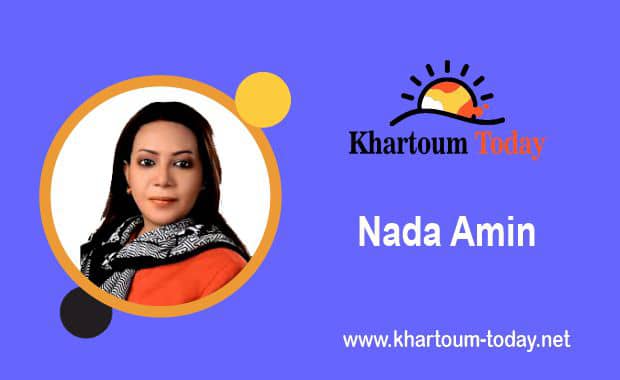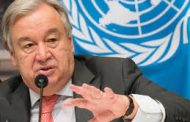In its continual efforts to keep the Sudanese public informed, the Ministry of Finance and Economic Planning produced a video clip summarizing its vision for administering the Sudanese economy throughout the three years period of the transitional government. The video was published on various media channels including the mainstream media and social media platforms as part of the “Stand Up” for Sudan Initiative that was launched by the Prime Minister Abdallah Hamdok. The initiative calls Sudanese nationals around the world to contribute financially to support the country’s economy. The donations will go to rebuilding Sudan and support its reconstruction and development efforts. The initiative was well received by the Sudanese citizens inside and outside the country who described the initiative as the right move to boost the Sudanese economy.
Along with macroeconomic reforms, the ministry aims and as shown in the video to deliver the following:
– Encourage a diversified pattern of growth by allocating 22% of the 2020 budget to promote productivity with a special focus on the sectors of agriculture, industry, and development.
– Invest in human development to build and enhance the capabilities of the poor through better education and health.
– Increase spending on education from the current allocation of 27 billions Sudanese pounds to 60 billions.
– Increase spending on health from the current allocation of 16 billions Sudanese pounds to 21 billions.
– Address inter-state disparities in accessing basic services by allocating an additional 7% to the most poor and war affected population.
– Improve the targeting of transfers and safety nets to support the poor, raise payment for civil servants, and provide micro-finance to the youth and graduates.
In order to assess the public reaction to this vision, I surfed twitter where the video was launched and received more than two thousands likes, retweets, and replies. I went through most of the tweet’s replies. Albeit the fact that the there was no mention in the video about lifting subsidies as announced by the ministry before, however, most of the conversation was around it.
Surprisingly there is considerable public support for lifting government subsidies with the condition of redirecting the substantial resources allocated for subsidies to targeted pro-poor expenditures that greatly could contribute to efficient use of the limited resources, according to some tweets. Also, others say Sudan runs an extremely expensive general subsidies system that is not better targeted towards the poor but benefiting the rich instead. Lifting of subsidies and utilizing the subsidy resources for a well-targeted compensation and social protection programs were among the strongest public demands.
Other tweets highly criticize the performance of the entire cabinet and in particular the Minister of Finance and Economic Planning himself. They said as a former World Bank employee he doesn’t want to exert genuine efforts to fix the economy and prefer to follow the ready -made recipes of the World Bank and the International Monetary Fund. They said instead of working hard to come up with sound reforms and innovative solutions he just wants to lift subsidies without getting concerned about its devastating consequences on the poor.
Others stressed the need to ensure political stability and sustainable economic growth along with development and poverty targeting programs.
Know more on this video








